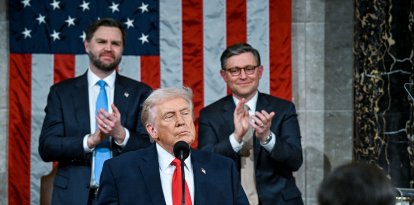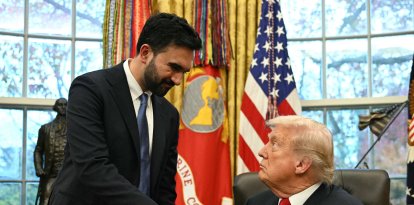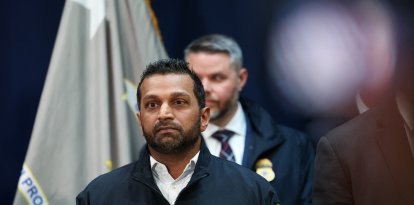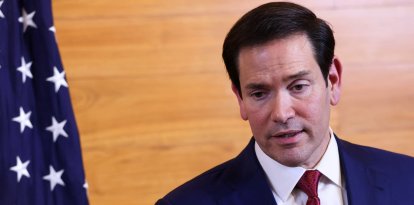Bipartisan bill to improve children's online privacy and safety returns to Congress
The Children's Online Safety Act (KOSA) is backed by Apple and was pushed by Senators Marsha Blackburn (R-TN) and Richard Blumenthal (D-CN).
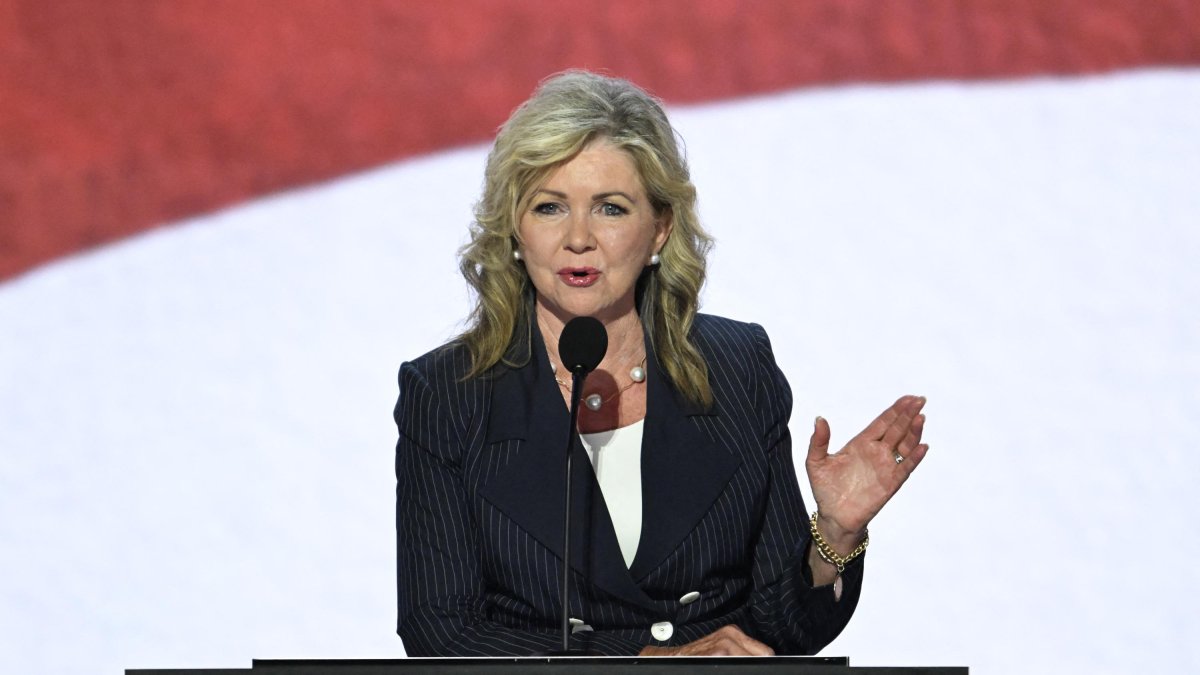
Senator Blackburn at the 2024 RNC/ Andrew Caballero- Reynolds.
Senators Marsha Blackburn (R-TN) and Richard Blumenthal (D-CT) reintroduced their bipartisan proposal to increase the safety of minors on social networks. It is the Kid Internet Safety Act (KOSA), which seeks to combat cases of school bullying, depression, and even associated suicidal tendencies among children and adolescents.
The legislation was designed to prevent cases of self-harm, suicide, eating disorders, and substance abuse by minors by providing young people and parents with the necessary tools to protect themselves from online harm.
While it had already been passed in the Senate by the last Congress, legislative and election circumstances delayed its vote in the House of Representatives. At that time it received strong bipartisan support, passing the upper chamber with 91 votes in favor by late July 2024.
">Today, we’re reintroducing the bipartisan Kids Online Safety Act. For years, Big Tech companies have knowingly sold American children out for profits.
— Sen. Marsha Blackburn (@MarshaBlackburn) May 14, 2025
It’s egregious, unacceptable, and far past time that Congress took action to stop this. I will be working to make sure this…
"Big Tech platforms have shown time and time again they will always prioritize their bottom line over the safety of our children, and I’ve heard too many heartbreaking stories to count from parents who have lost a child because these companies have refused to make their platforms safer by default. (...) Now is the time to stand up and protect future generations from harm by passing KOSA," Senator Blackburn said of the bill.
For his part, Senator Blumenthal thanked the leadership of both parties for again pushing for the bill's passage in the Senate.
"I am grateful to Senators Thune and Schumer for their leadership and to our Senate colleagues for their overwhelming bipartisan support. KOSA is an idea whose time has come—in fact, it’s urgently overdue—and even tech companies like X and Apple are realizing that the status quo is unsustainable. Our coalition is bigger and stronger than ever before, and we are committed to seeing this measure protecting children on the internet signed into law," the Democrat said.
">Sen. Blackburn & I made a promise to parents & young people when we started fighting for the Kids Online Safety Act—we will make this bill law. There’s undeniable awareness of the harms caused by Big Tech’s exploitive, addictive algorithms, & inescapable momentum for reform. https://t.co/GGG1kyA5nQ
— Richard Blumenthal (@SenBlumenthal) May 14, 2025
The legislation even has the backing of major industry players. "Apple is pleased to offer our support for the Kids Online Safety Act (KOSA). Everyone has a part to play in keeping kids safe online, and we believe [this] legislation will have a meaningful impact on children’s online safety," remarked Timothy Powderly, Senior Director of Government Affairs, Apple.
Dozens of parents whose children were affected by social networking algorithms also voiced their support for the KOSA Act.
What would the KOSA Act do?
According to Senator Blackburn's website, the bipartisan legislation would do the following:
- Require platforms to enable stricter privacy settings for children. Specifically, providing them with options to protect their information, disable addictive product features, and opt out of receiving personalized algorithmic recommendations.
- Offering parents new and more controls to help their children through a channel specifically dedicated to reporting harmful behaviors.
- Create a "duty of care" so that platforms must "prevent and mitigate" specific dangers to minors. The specific harms mentioned are the promotion of suicide, eating disorders, substance abuse, sexual exploitation, and advertisements for certain illegal products.
- Require independent audits and investigations into how platforms affect the well-being of children and adolescents.













